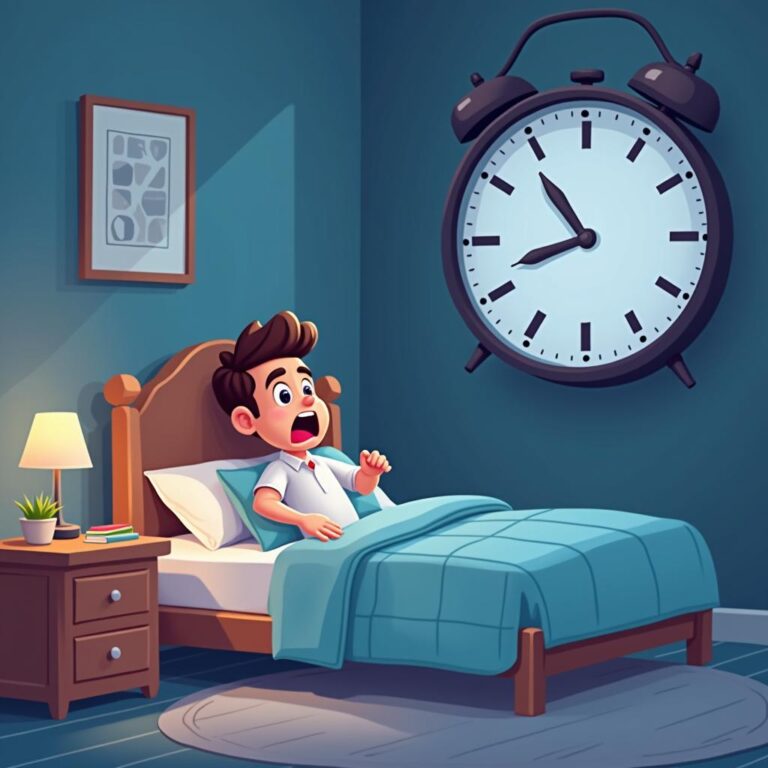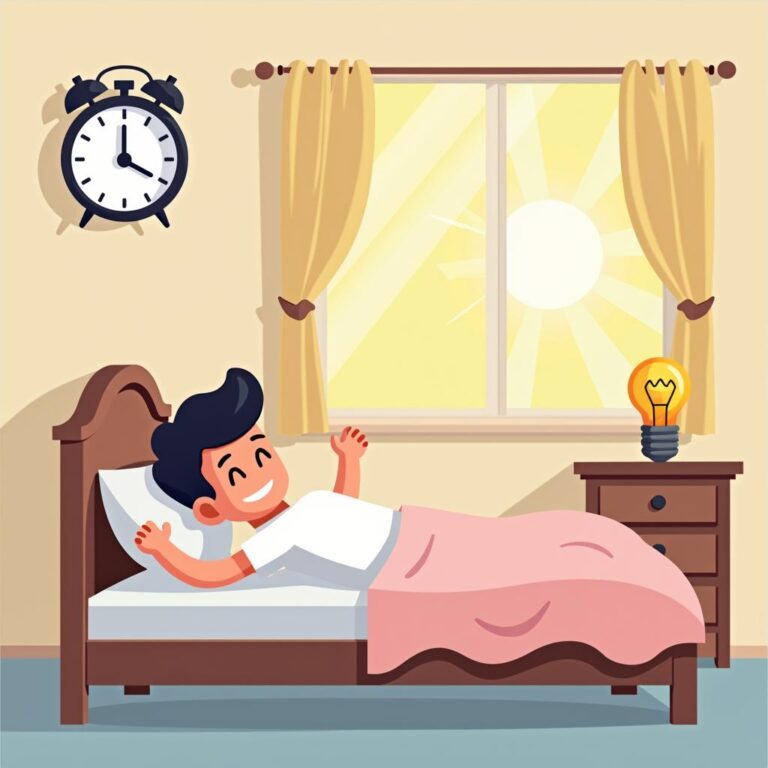In today’s fast-paced world, maintaining focus and productivity is more crucial than ever. One of the most underrated factors contributing to our cognitive abilities is sleep. Incorporating effective sleep hacks into your routine can significantly enhance your focus and productivity. This article will delve into various strategies that can help you achieve better sleep quality and, in turn, improve your daytime performance.
Understanding the Importance of Sleep
Before exploring sleep hacks, it’s essential to understand why sleep is vital for focus and productivity. Sleep plays a crucial role in various bodily functions, including:
- Cognitive Function: Sleep assists in consolidating memories, improving problem-solving skills, and fostering creativity.
- Emotional Regulation: A well-rested brain has better emotional responses, which impacts decision-making and focus.
- Physical Health: Good sleep supports overall health, which translates into better energy levels and productivity during waking hours.
Sleep Hacks for Better Focus and Productivity
1. Establish a Consistent Sleep Schedule
Creating a regular sleep schedule allows your body to develop a natural rhythm. Aim to go to bed and wake up at the same time every day, even on weekends. Consistency signals your brain when it’s time to rest, which enhances the quality of your sleep, promoting better focus during the day.
2. Create a Relaxing Bedtime Routine
Incorporating a calming bedtime routine can signal to your brain that it’s time to wind down. Consider activities such as:
- Reading a book
- Practicing meditation or deep breathing exercises
- Taking a warm bath
Make sure to steer clear of screens at least 30 minutes before bed, as blue light can interfere with the production of melatonin, a hormone crucial for sleep.
3. Optimize Your Sleep Environment
Your sleep environment can significantly impact the quality of your sleep. Take the following steps to optimize your bedroom:
- Darken the Room: Use blackout curtains or an eye mask to block out light.
- Maintain a Comfortable Temperature: Ideally, the bedroom should be cool, around 60-67 degrees Fahrenheit.
- Minimize Noise: Consider earplugs or a white noise machine to reduce disruptive sounds.
4. Limit Caffeine and Nicotine Intake
Caffeine and nicotine are stimulants that can interfere with your ability to fall asleep. Limiting your intake, especially in the afternoon and evening, can help you sleep better. Instead, opt for herbal teas or decaffeinated beverages to relax in the evening.
5. Engage in Regular Physical Activity
Regular exercise is not only beneficial for your physical health but also promotes better sleep quality. Engaging in physical activity can help reduce anxiety and tension, paving the way for a more restful night. Aim for at least 30 minutes of moderate exercise most days of the week, but avoid vigorous workouts close to bedtime.
6. Mind Your Diet
What you eat during the day can affect your sleep. To improve focus and productivity, consider the following dietary changes:
- Avoid Heavy Meals Before Bed: Try to have your last meal at least 2-3 hours before bedtime to allow for digestion.
- Incorporate Sleep-Promoting Foods: Foods rich in magnesium, trytophan, and melatonin, such as almonds, turkey, and oats, can help your body wind down.
- Stay Hydrated: Dehydration can lead to fatigue, so ensure you consume enough water throughout the day.
7. Power Naps for Enhanced Performance
If you find yourself feeling sluggish during the day, a short power nap can boost your energy and focus without interfering with nighttime sleep. Aim for a 20-minute nap in the early afternoon to recharge your brain. Be cautious, as longer naps can lead to sleep inertia, which can leave you feeling groggy.
8. Leverage Smart Sleep Technology
With the advancement of technology, various gadgets can help improve your sleep quality. Consider:
- Sleep Trackers: Use wearable devices to monitor your sleep patterns and get insights on how to improve them.
- White Noise Machines: These devices can help drown out background noise, providing a more restful environment.
- Smart Lighting: Adjust the brightness of your home lighting to mimic natural light patterns, helping regulate your circadian rhythm.
9. Limit Screen Time
As previously mentioned, reducing screen time in the evening is crucial for better sleep. Consider implementing a digital curfew. Limit time spent on smartphones, computers, and TVs at least an hour before bed. Instead, engage in relaxing activities that can promote sleepiness.
10. Seek Professional Help if Necessary
If sleep issues persist despite implementing these sleep hacks, it may be wise to consult a healthcare professional or sleep specialist. Conditions such as insomnia or sleep apnea can significantly impact your ability to focus and be productive during the day.
Conclusion
Improving your focus and productivity starts with quality sleep. By employing these sleep hacks, you can foster better sleep habits that lead to enhanced cognitive function and overall well-being. Remember, everyone’s body is different, so it may take time to find the right combination of tips that work for you. Prioritize your sleep, and watch your focus and productivity soar to new heights.







